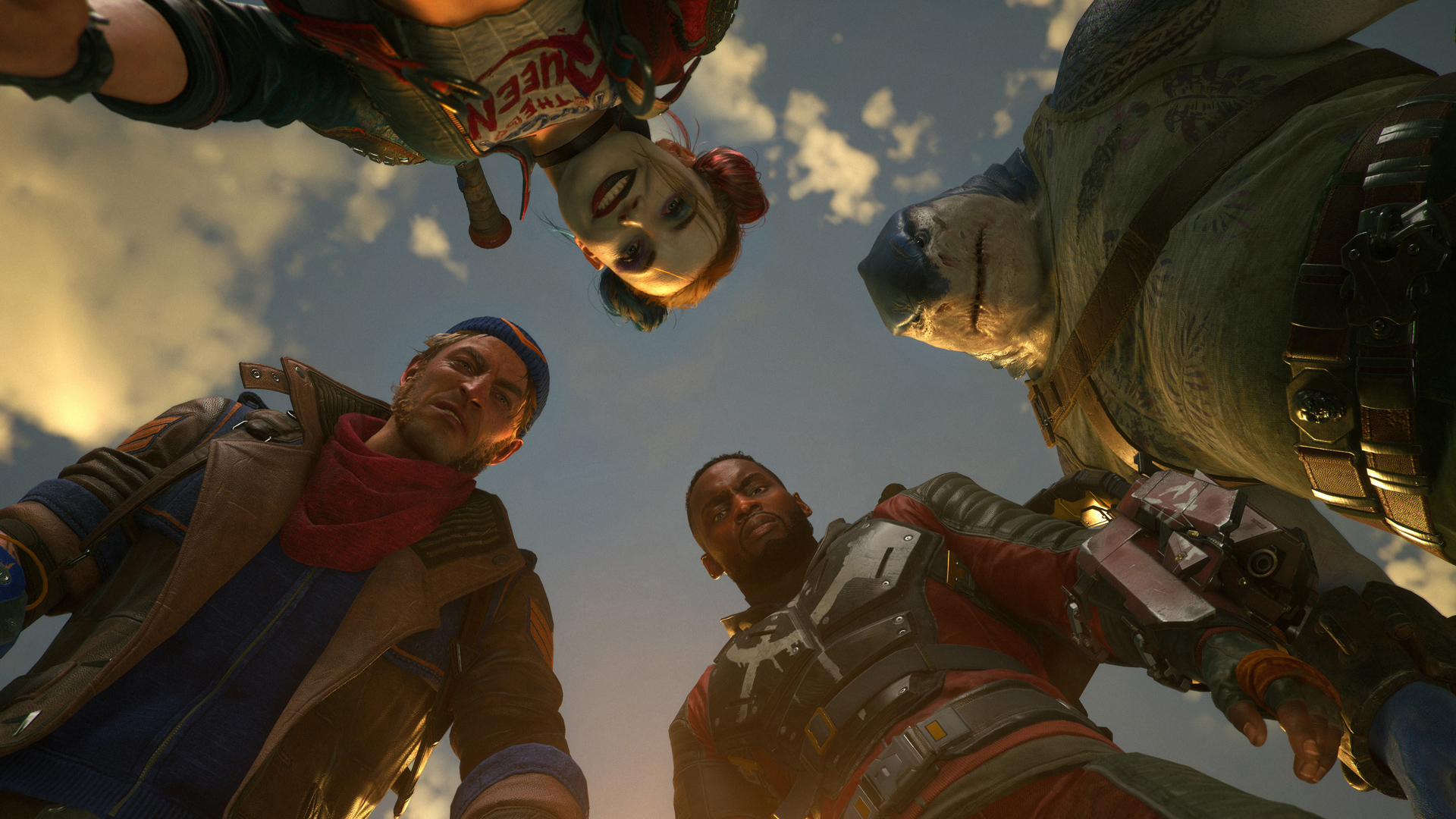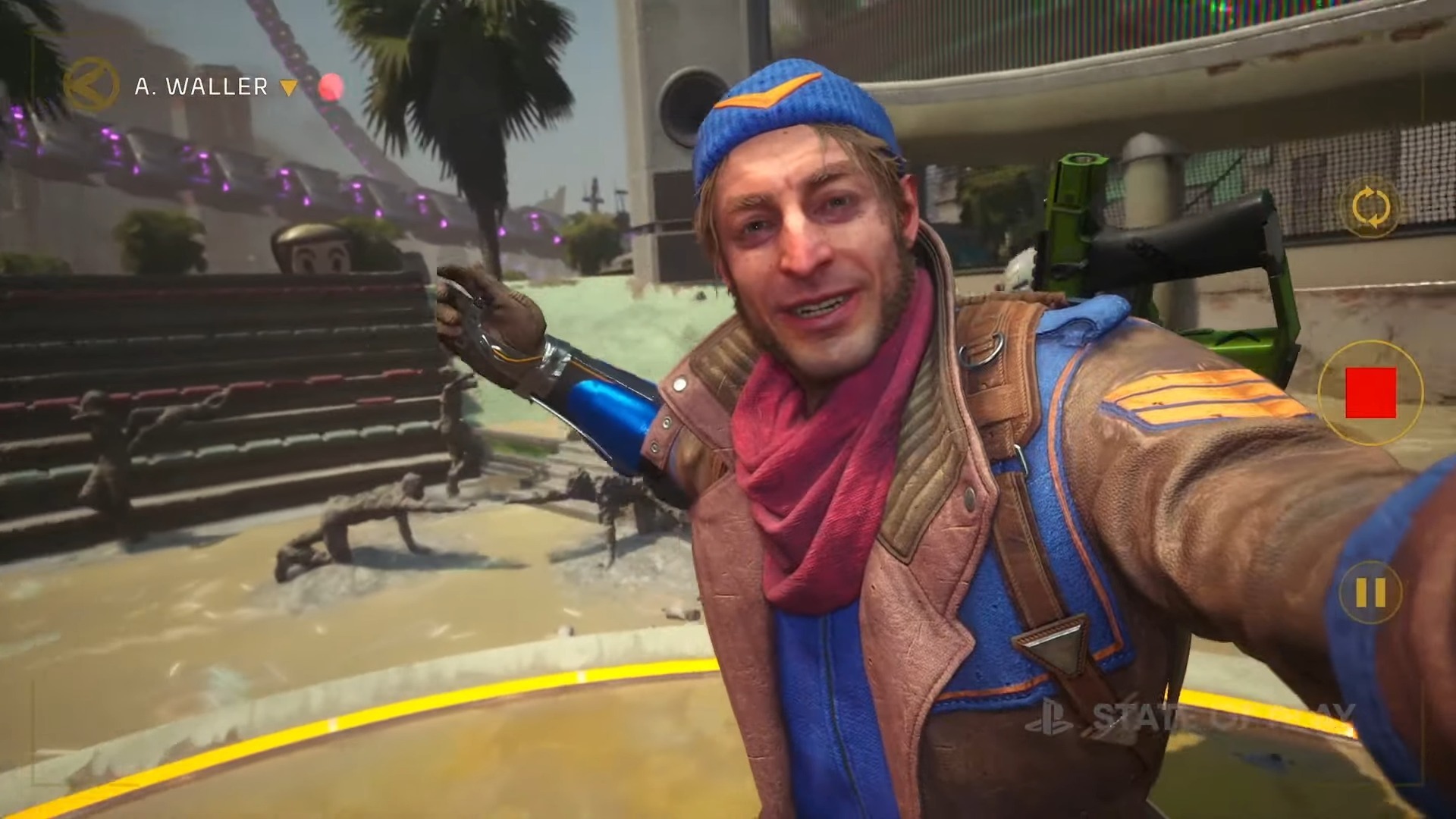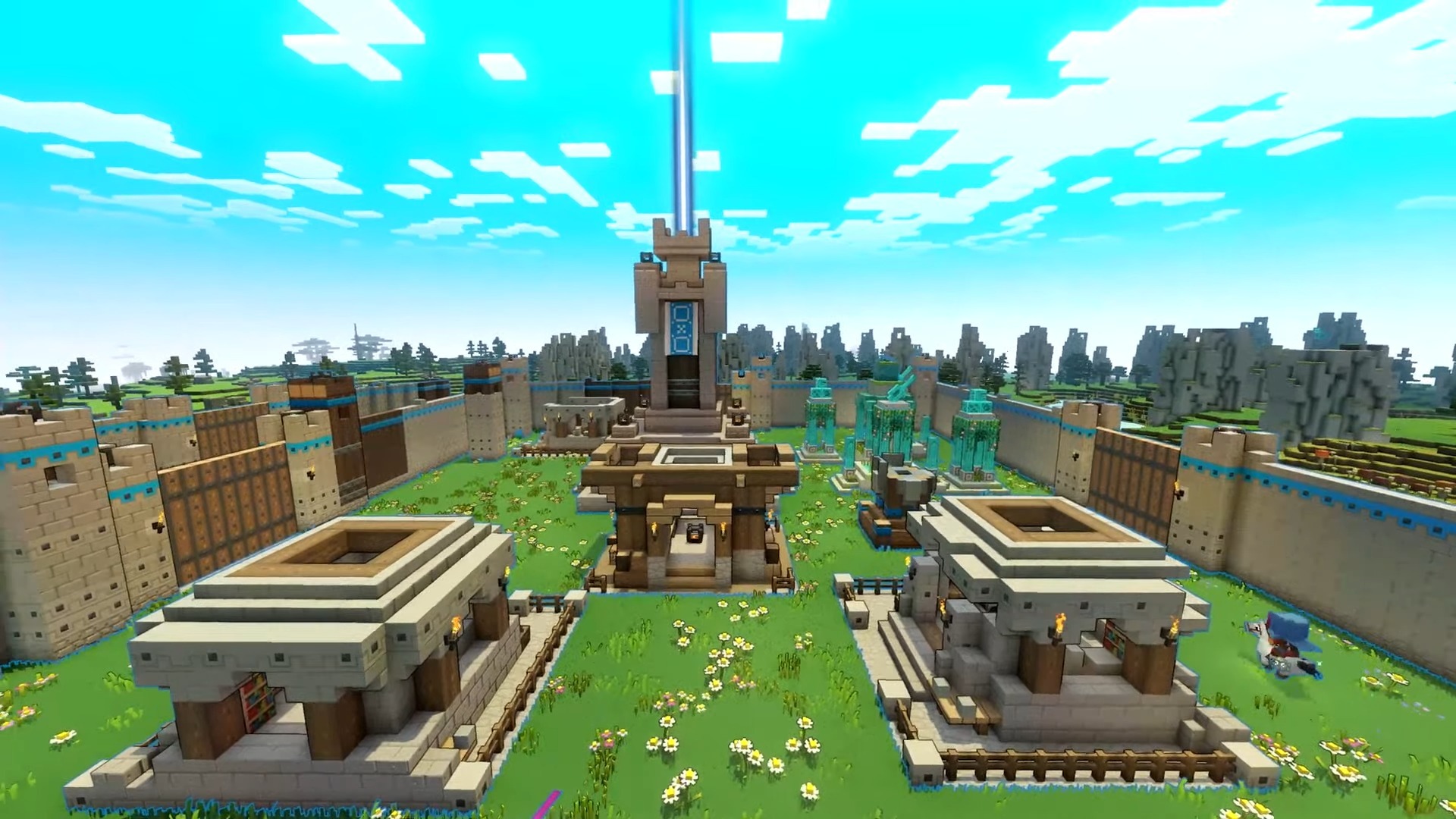Suicide Squad's lacklustre reveal is a symptom of a widespread disease in AAA
Opinion | The big-budget video game model is now too bloated to keep pace with the public mood

There's something terribly wrong with the Suicide Squad. That's always been the pitch, hasn't it? That some of the worst people in the world have been tasked with saving it. Except this time, that uncomfortable setup has leaked out of the fiction and infected the project that contains it. There's something terribly wrong with Suicide Squad: Kill The Justice League. Yet its handlers at Rocksteady and Warner Bros. are going to send it out to die anyway.
There's nothing wrong with the pedigree behind the project, of course. Kill The Justice League is co-directed by Sefton Hill, the same man who has been at the heart of every Arkham game Rocksteady has ever made. Yet, watching Suicide Squad's reveal during last month's Sony State of Play, a sinking feeling set in as it became apparent a prestigious and once-innovative studio had second-guessed itself into serious trouble.
Tired-ize


Regrettably, Suicide Squad is a looter-shooter. Though its core cast couldn't be more different from one another – a sniper dad, an anthropomorphised shark, an Australian caricature and an extremely unregistered psychiatrist – their distinguishing attributes are reduced to mush in the mill of shared co-op progression systems. They all have the same noncommittal relationship with gravity, and one eye permanently glued to a crosshair. In the State of Play demo, each carried a devastatingly ordinary ballistic weapon straight out of the Clancyverse, and emptied clip after clip into the weak spots of a characterless artillery piece. The 'super' appears to have been sucked out of them by a different and ill-fitting sort of power fantasy – one inspired by Destiny and The Division, that lends itself better to battle passes.
It's a disappointment and deep contrast to Arkham Asylum, a focused adventure which perfected the cat-and-mouse pugilism specific to Batman. Rocksteady's new commitment to customisation has instead made the protagonists of Suicide Squad much too malleable. What is a supervillain if they don't stubbornly stick to their shtick, but instead don any costume and wield any gun? "My favorite thing about King Shark is his use and knowledge of automatic weapons," one YouTube commenter dryly quips. "Happy to see him at his potential finally."
What's frustrating is that Warner Bros. and its studios already learned this lesson very publicly, just last year, with Gotham Knights. And what's tragic is that it's too late to do anything about it. Bloomberg reporter Jason Schreier says that while Rocksteady has planned for extra development time in response to fan disappointment, "the core game isn't changing". Trapped in amber, Suicide Squad will inevitably arrive in a form everyone is tired of, based on the consumer trends and best practice of 2016.
How does something like this happen to some of the smartest and most talented people in games? Simply put: the AAA supertanker has become too heavy to steer.
Chasing stars

"Today, almost every AAA project takes as long as an MMO used to"
Trend-chasing has always been a part of the big-budget game development model. When you're spending a lot of money, it's reassuring to know your intended audience will at the very least recognise the shape of what they're buying. But 20 years ago, that chase was a sprint rather than a marathon. Back then, it was physically possible for Rockstar to follow up GTA 3 with Vice City in the space of a year – and for rival publishers to ready True Crime: Streets of LA and The Simpsons: Hit & Run in time for Christmas the year after.
Sign up to the GamesRadar+ Newsletter
Weekly digests, tales from the communities you love, and more
Since then, AAA development teams have swelled from two digit headcounts to four – thanks to the exponential fidelity demands of newer consoles, not to mention content-hungry open world and live service templates intended to keep you endlessly engaged. As a side effect, the average length of a project has elongated too, and it's not uncommon for a well-known developer to go quiet for half a decade or longer as they spool up their next big idea.
The problem there, of course, is that games culture doesn't stop in the meantime. The medium is intrinsically connected to tech, which dictates a frightening pace of change in hardware, platforms and expectations. It's also traditionally pitched at a youth market which, in the five years you take to make your game, can be almost entirely replaced by a new generation that doesn't remember your acclaimed last release. Either that, or they've now turned against the genre you've bet the future of your company on.

In the earliest days of my career as a journalist, I covered games like WildStar and Firefall, MMOs from World of Warcraft veterans that had taken long years to build and vastly exceeded their sell-by date even before launch. WoW was destined to outlive them all. At the same time, the MOBA had taken off, and I was flown halfway around the world to see an expensive project intended to fill the slot already occupied by League of Legends. The developer made a confident pitch, but what I remember most clearly is the way the company's esports director deflated when I talked to him off the record at the airport afterwards. The truth is, there's only ever one seat at the head of the table.
Today, almost every AAA project takes as long as an MMO used to. The only thing a developer can say for sure when they start on a new endeavor is that the landscape won't be recognizable once they're finished. Any other wisdom preached in GDC talks or mandated by publishers is destined to go stale during production.
As I see it, the industry has two choices: either to make games smaller, an option it decided against in favor of raising standard pricing to $70 last year. Or to accept that, right now, playing it safe with a big-budget game is the most dangerous thing you can do.
Here are some of the most exciting upcoming PS5 games
Jeremy is a freelance editor and writer with a decade’s experience across publications like GamesRadar, Rock Paper Shotgun, PC Gamer and Edge. He specialises in features and interviews, and gets a special kick out of meeting the word count exactly. He missed the golden age of magazines, so is making up for lost time while maintaining a healthy modern guilt over the paper waste. Jeremy was once told off by the director of Dishonored 2 for not having played Dishonored 2, an error he has since corrected.



